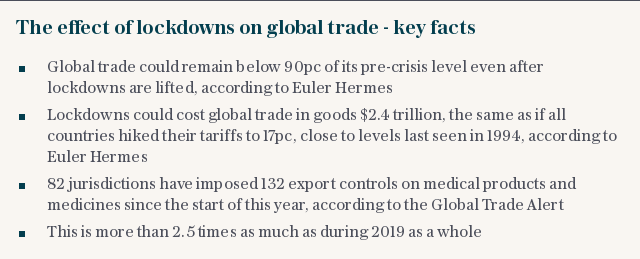Department store chiefs reveal plans for UK shops to reopen in June


Shoppers will be held outside malls if footfall tracking cameras warn numbers inside are too high for social distancing, and made to queue in their cars, the manager of Westfield UK has revealed.
Boris Johnson announced over the Bank Holiday that non-essential retail will be allowed to open within weeks, giving those in charge time to plan for a safe reopening.
Fashion stores, betting shops and charity stores will all allowed to welcome back customers from June 15.
Gift shops in museums, retail spaces in theatres, libraries, heritage sites and tourism sites will also be allowed to open - paving the way for visitors to return to tourist hotspots.
The managers of John Lewis and Westfield have revealed what shopping will look like for the forseeable future as they plan to open their doors.
Changing rooms, food courts and canteens will be closed to the public, while numbers will be capped with queueing systems put in place.

Westfield's shopping centres will use live footfall cameras to manage crowding, and close its doors immediately once capacity is reached, asking customers to wait safely outside. On site security teams will be used to eliminate any crowding.
They will also be using a one-way system when appropriate, to enable social distancing once in the shops.
Newly-released government guidelines ask shops to use their car parks for queueing purpose.
Scott Parsons, Unibail-Rodamco-Westfield’s Regional Managing Director, UK & Italy, said: “Managing the health and safety element of reopening Westfield London and Westfield Stratford City is our biggest priority right now and I can confidently say that our robust plans not only meet all requirements outlined in the government guidelines but go above and beyond.
"As well as heightened hygiene measures across every touch point, we have technology to monitor footfall and flows and ensure social distancing is practiced, as well as the benefit of onsite security and guest services teams to carefully control the measures at all times."
At John Lewis, customers will be greeted by a specially-trained staff member who will tell them what's new about their shopping experience in the age of coronavirus and brief them on the rules.
There will be increased cleaning, hand sanitiser stations at all entrances and exits, and customers will be asked to touch items for sale as little as possible. Returned items will be quarantined for 72 hours before being returned to the shop floor.
A John Lewis spokesperson said: "We have been preparing to reopen our John Lewis stores, informed by what we have learnt from the social distancing measures the Partnership has taken in Waitrose. Our plan sees us open our shops on a phased basis, to enable us to test the changes we are introducing and ensure the best and safest Customer and Partner experience. The safety of our customers and Partners will govern everything we do and we are prepared to readjust our plan and make changes as we go to make sure we get it absolutely right and continue adhering to evolving Government guidelines."
The government has issued guidelines for all shops in order to help them to reopen safely.
It advises limiting customer handling of merchandise through different display methods, new signage or rotation of high-touch stock. It also asks retailers to enable contactless returns, quarantine tried-on shoes and clothes, and place protective coverings on large items that may require customer testing or use, for example, furniture, beds or seats.
Minister for the Cabinet Office Michael Gove said shoppers would need to "exercise restraint" by not trying on clothing and testing goods ahead of purchase.
He told BBC Breakfast on Tuesday: "It's also the case that we need to ensure that some of the shopping habits people may have grown used to in the pre-Covid days are habits that we exercise a degree of restraint on.
"So when it comes to touching and testing goods, when it comes to trying on clothing, when it comes to trying make-up and so on, that all of us exercise restraint in not doing that and recognising that as these stores reopen, it is a new normal, but it will allow us to ensure there are a wider range of goods and will also ensure the economy can return to a new normal, that is absolutely vital for people's jobs."


